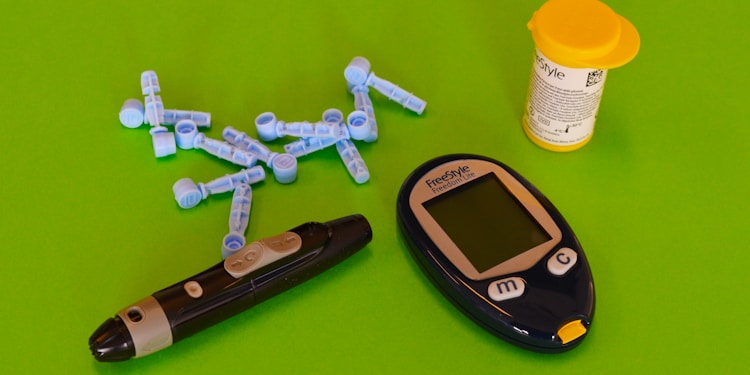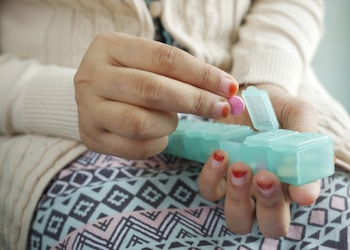If you have diabetes, you know how important it is to have the necessary diabetic equipment on hand.
It is not only stressful to not have the appropriate supplies in the face of bad blood sugar levels, but it can also be dangerous. Not maintaining your blood sugar can have a negative effect on both your immediate and long-term health.
Here is a quick guide on the essential diabetic equipment, so you will not be caught without the necessary supplies again.
Essential Diabetic Equipment
While all types will need some type of glucose monitor, the way you manage your insulin levels will change.
Those with non-insulin-dependent type 2 diabetes may be able to manage their insulin levels just through diet and exercise, or they may need to take medication. Conversely, those with type 1 diabetes or insulin-dependent type 2 diabetes will need diabetic equipment that administers insulin to their bodies.
Measuring Blood Glucose
When you have diabetes, it is essential to keep track of your blood sugar levels.
If a person’s blood sugar levels are too high or too low, they can potentially experience a diabetic seizure or coma. Maintaining blood sugar levels is also necessary to prevent diabetic neuropathy, a type of nerve damage that can eventually require amputation, in the most severe cases.
There are two main ways someone can measure blood sugar levels.
The first and most traditional option is a glucometer, a fingerstick testing device. This option requires glucose test strips and lancets.
The lancet device will prick your finger to produce a drop of blood. The glucose test strip will then use the blood to provide the monitor with a blood glucose reading.
The second option is a continuous glucose monitor. A continuous glucose monitoring (CGM) device is a portable, electronic monitor. It inserts a sensor in your arm, thigh, or abdomen to continuously track blood sugar levels.
This option is ideal for those who need to check their blood sugar several times throughout the day, including those with type 1 diabetes and insulin-dependent type 2 diabetes.
Managing Glucose Levels
If you have type 1 diabetes or insulin-dependent type 2 diabetes, you will need diabetic equipment that can administer insulin.
The least expensive option to do this would be to use insulin syringes, like those found on ukmedi.co.uk. With an insulin syringe, you must draw out the insulin from a bottle and inject the insulin in your arm, thigh, or another specified area.
You can also use an insulin pen, which comes in two types. Disposable pens come with prefilled insulin cartridges and are thrown away after the cartridge is empty. With reusable pens, the cartridge can be replaced once it is empty.
The third option is an insulin pump. Insulin pumps attach to a person’s clothing and will give a person regular doses of insulin through a tube that is placed under the skin with a needle.
Backup Supplies
No matter what type of diabetes you have, it is recommended to always have spare diabetic equipment and backup supplies on hand.
If you have type 2 diabetes that is manageable through diet and exercise alone, you should still carry foods with fast-acting carbs. These foods will ideally tolerate a variety of temperatures and treat multiple lows. You should also carry snacks that will not affect or a few dollars in case you miss a meal.
For those that have type 2 diabetes that requires medication to manage, be sure you always have spare medication on hand when you go out.
If you are dependant on insulin to manage your blood sugar levels, you should carry a few spare syringes or pen lancets with you, even if you use an insulin pump. Spare batteries and infusion sets are also recommended if you use an insulin pump.
You will also want to carry alcohol swabs and a portable sharps container for used needles and lancets as well.
Managing Your Diabetes
Having the right diabetic equipment is essential to managing your blood sugar and having the best health possible.
No matter what kind of diabetes you have, it is beneficial to try to keep fast-acting carbs and diabetic-friendly snacks on hand. If you are insulin-dependent, you should try to carry spare syringes or lancets on you as well.
If you found this article informative, be sure to check out our health section for more quality posts.
















